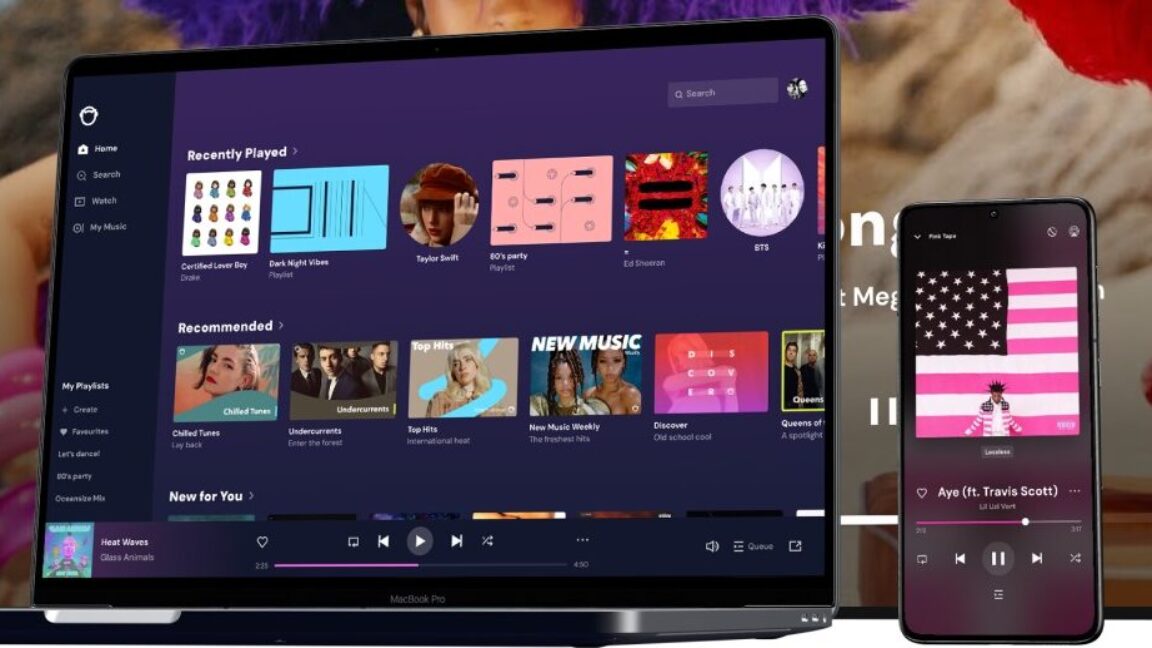
## Napster’s Next Act: From File-Sharing to Metaverse Marketing
Remember Napster? The name conjures images of late-night downloads, dial-up squeals, and a revolutionary (and legally questionable) shift in how we consumed music. While its original incarnation faded into the annals of internet history, the brand is poised for a surprising resurgence, not as a music distributor, but as a pioneering force in metaverse marketing.
For years, the idea of a “metaverse” felt like science fiction. Now, it’s rapidly becoming reality, with companies investing heavily in creating immersive 3D virtual worlds where users can interact, socialize, and, increasingly, consume brands. Napster’s bold move leverages this emerging landscape, transforming itself from a platform that challenged copyright laws to one that aims to creatively engage with them in a new digital environment.
The core strategy is simple yet potentially powerful: branded 3D virtual spaces. Imagine stepping into a vibrant, interactive world completely dedicated to a particular artist or musical genre. Instead of passively scrolling through a playlist, fans could explore a virtual concert venue, interact with holographic representations of their favorite musicians, participate in exclusive Q&As, or even unlock unique digital merchandise. This isn’t just about advertising; it’s about crafting immersive brand experiences that build genuine connections with audiences.
This transition represents a significant shift in the music industry’s approach to marketing. Traditional methods, like radio ads or billboard campaigns, are increasingly less effective in capturing the attention of younger generations who are digitally native and gravitate towards interactive, personalized experiences. The metaverse provides a unique opportunity to bypass the passive consumption inherent in much of current digital marketing.
The potential applications are vast. Imagine attending a virtual album release party where you can chat with fellow fans, explore interactive exhibits about the album’s creation, and even receive a personalized digital gift from the artist themselves. Or envision a virtual tour of a recording studio, providing an intimate look behind the scenes of music production. These experiences are not just promotional tools; they’re opportunities to build community and foster deeper engagement with music and the artists who create it.
This strategy isn’t without its challenges. Creating immersive, high-quality 3D environments requires significant technical expertise and investment. The metaverse itself is still evolving, with varying levels of user adoption and technological maturity. Moreover, success hinges on the ability to create truly engaging and compelling experiences that go beyond mere marketing gimmicks. If the virtual spaces feel clunky, poorly designed, or simply uninspired, the initiative could easily fall flat.
However, the potential rewards are substantial. If Napster can successfully navigate these challenges and build a compelling metaverse presence, it could redefine music marketing, establishing a new benchmark for artist-fan interaction and brand engagement. The acquisition cost reflects a belief in this vision, signaling a significant investment in shaping the future of how music is promoted and experienced. Napster’s rebirth isn’t just a business transaction; it’s a bet on the power of the metaverse to transform how we connect with art and culture. It will be fascinating to see how this bold gamble plays out.



Leave a Reply